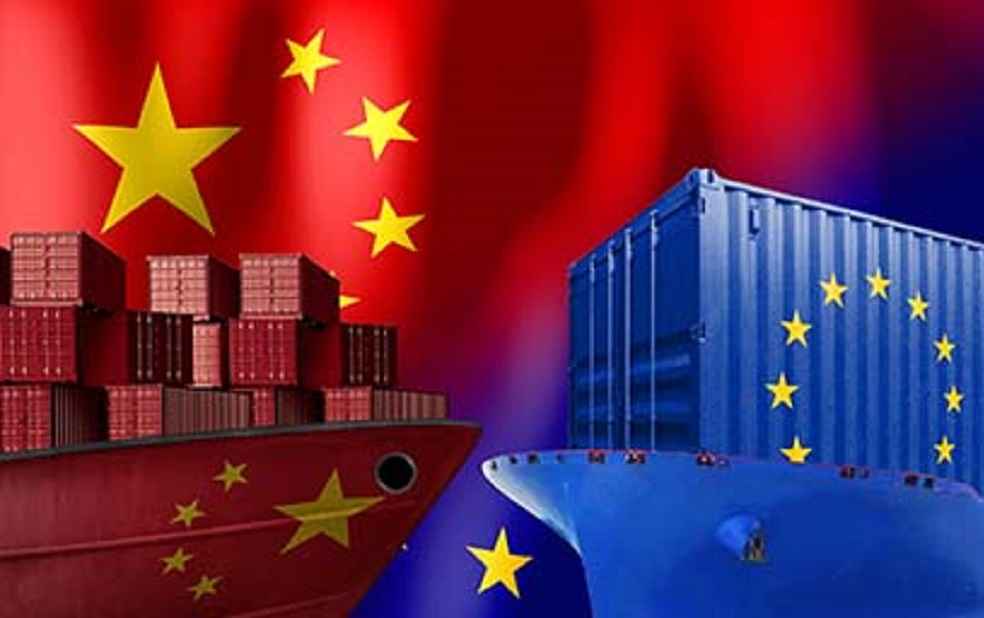China has accused the European Union of implementing discriminatory investment and trade barriers against its companies, escalating tensions in their ongoing commercial disputes. On Thursday, the Chinese Ministry of Commerce released findings alleging that the EU’s Foreign Subsidies Regulation (FSR) unfairly targets Chinese firms, undermining their competitiveness in the European market.
The ministry criticized the FSR for its ‘vague criteria’ and ‘selective enforcement,’ claiming that the measures disproportionately burden Chinese companies while creating uncertainty. It further alleged that EU investigators conducted surprise inspections and applied arbitrary standards, pressuring Chinese firms with severe penalties for non-compliance. These measures, according to the report, forced several Chinese companies to curtail or abandon projects, resulting in losses exceeding 15 billion yuan ($2.05 billion).

The FSR is part of the EU’s broader strategy to regulate foreign subsidies and protect domestic industries, particularly in key sectors like renewables and electric vehicles. In February, the EU launched its first FSR probe into a subsidiary of the Chinese rail giant CRRC, which was later dropped after the company withdrew from a tender in Bulgaria. A second investigation targeting Chinese-owned solar panel manufacturers operating in Romania remains ongoing.
The measures coincide with the EU’s push to achieve net-zero emissions by 2050 while reducing dependence on Chinese technology amid growing concerns over national security. This pivot has been accompanied by anti-subsidy investigations and the imposition of additional tariffs on Chinese-made electric vehicles, which Brussels claims benefit unfairly from state support.

China has consistently denied allegations of unfair trade practices, maintaining that its industrial policies comply with international norms. Beijing has taken retaliatory measures against the EU’s actions, imposing provisional tariffs on EU-imported brandy and implementing temporary anti-dumping measures. China recently extended its investigation into European brandy imports, citing the complexity of the case.
The Ministry of Commerce argued that EU policies not only harm Chinese firms but also negatively impact European economies and trade relations. It stated that the barriers hinder trade cooperation and reduce opportunities for mutual economic growth.
A report by the European Union Chamber of Commerce in China highlighted the broader consequences of these trade tensions. It noted that many multinational companies operating in China are being forced to localize operations, increasing costs and reducing efficiency. Governance rules driven by national security concerns further complicate engagements between local entities and European clients.
TRADE TECH | Smartphone Customs Duty Cuts May Harm India’s Electronics Ecosystem: GTRI Warns



